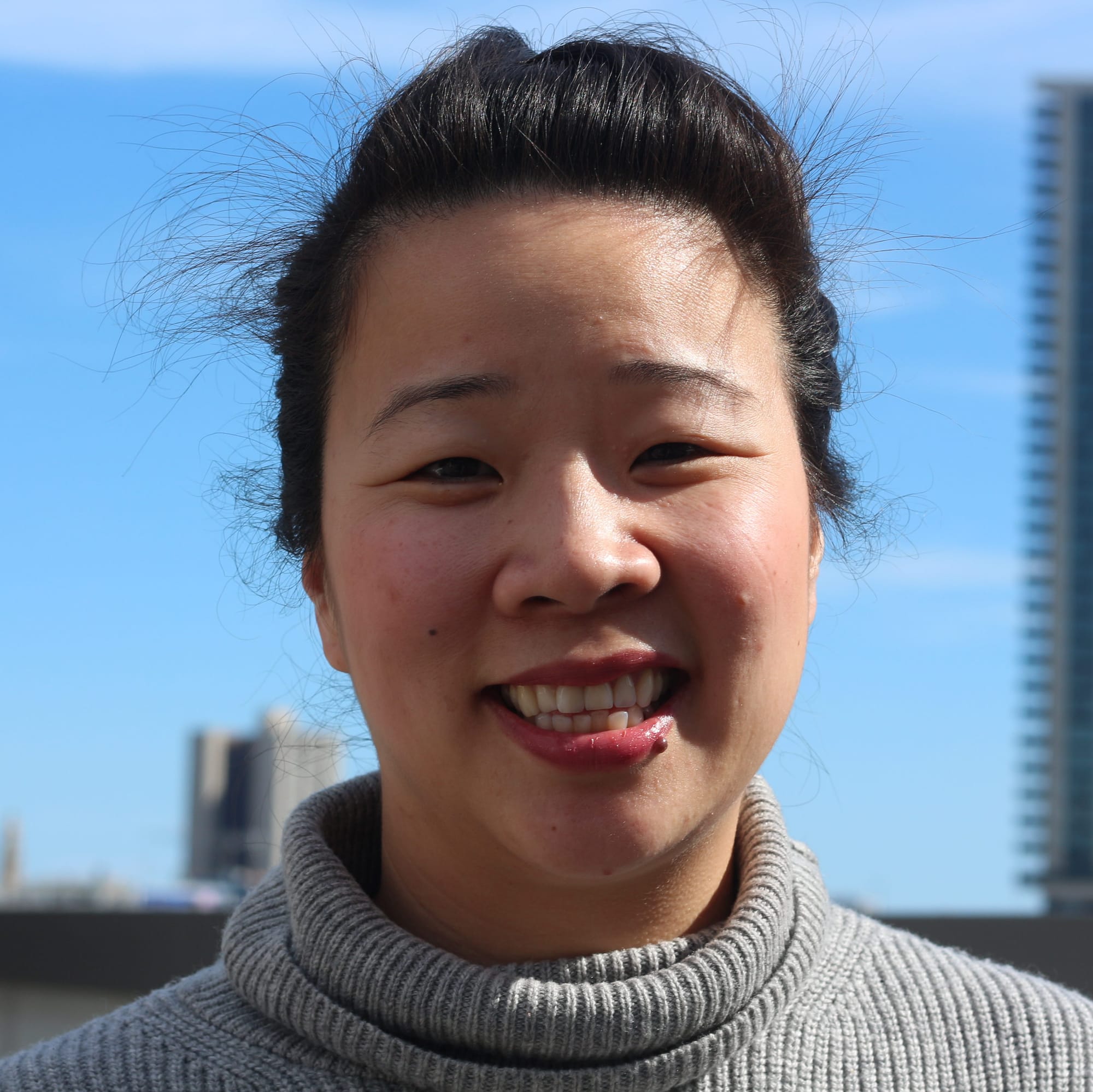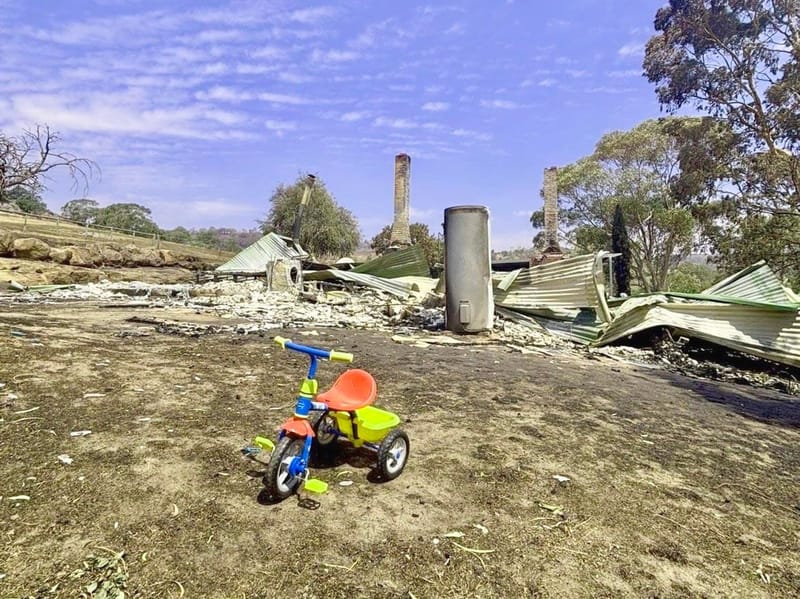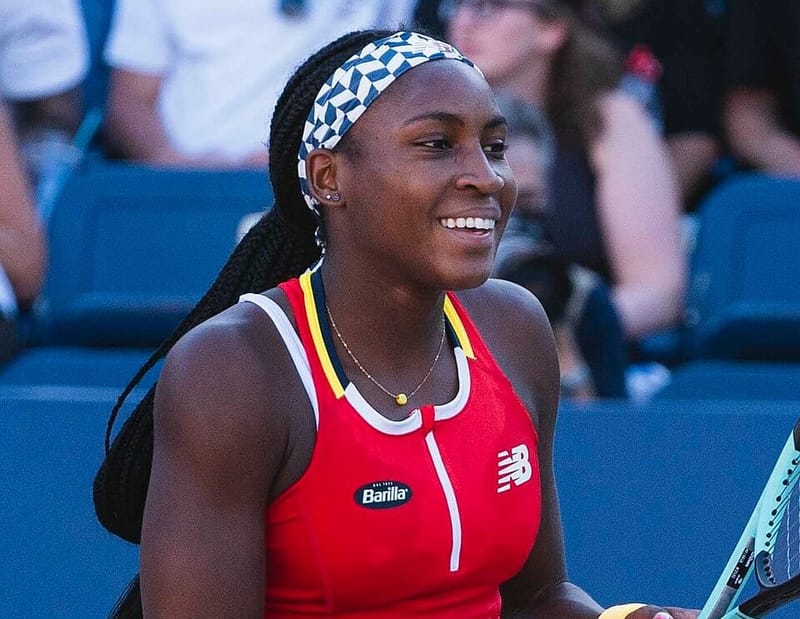The blood, sweat and tears behind Beverley Wang's success
From struggling aspiring journalist to executive producer and show host for ABC RN, Beverley Wang's career has remarkable depth. Tonight she is speaking at the Creative Directions media festival at Monash University, on...


By AMELIA LIM
"Hustling" is how ABC Radio producer Beverley Wang remembers the early days of her journalism career.
Wang, now executive producer of ABC’s RN Drive and host of It’s Not A Race, recalls the scramble to to pay the bills, while desperately pursuing a steady journalism job in New York.
“It was just a hustle, the whole time you don’t realize how exhausting it is until you stop doing it and you go, like, 'man what was I doing, that was hard',” Wang says.
“You have to be really really hungry, you have to really really want it. I know a lot of classmates that lived on credit card debt because there was no money, you are just financing the future.
"That’s what you do when you are young – stamina, no other ties.”
Wang, now a well-established and respected journalist, is speaking tonight at the Creative Directions media festival at Monash University, as part of a panel discussing diversity in the creative and media industries.
A Taiwanese-Canadian, Wang first dipped her toe in journalism in high school.
The second child of four recalls following her elder sister’s footsteps by joining her high school newspaper, because writing was one of her forte and she was confident doing it.
The New York University (NYU) graduate says she did a number of internships to help prepare her for the industry.
“I got an internship with the New York Daily News over the summer which was a really big deal because it was daily newspaper reporting so it was my first really, really intense entree into what it would be like to be a news reporter,” says Wang.
Her hunger for stories was what drove her, she says. Getting started was hard – juggling her bills and her day-to-day expenses, while struggling to find and hold down a job in New York, all complicated by the fact she was not American.
Her first job was for the Journal News, in regional New York, which she joined for just under a year, but her biggest break came when she was offered a job at Associated Press (AP), where she covered different beats from politics to war.
For Wang, interviewing politicians such as Joe Biden or Bill Richardson was nerve-wracking at first, but they weren't what really fazed her. That came with having to do a door-stop interview with the family of someone who had been killed.
When she was working in New Hampshire, the Iraq War was in full flight, and she was sent to talk to a number of families of soldiers who had died in service.
“A politician has ready answers, a politician is ready to talk, a politician wants to be asked questions, but you’ll have to kind of figure out how to invade someone’s privacy to do your job and also try not to hurt people in the process and that was much harder, it was a more difficult thing to do,” Wong says.

Being respectful and sympathetic is the key in tackling such sensitive interviews, she says, though it is a tough job trying to keep both ends in check. It is an issue she feels is often not properly addressed in journalism schools.
“On the one hand as a journalist it is your job to get in there. I think a lot of journalist can relate that when others retreat, you are the ones pushing in, for better or for worse and that is the reality of the job,” Wang says.
“It can change you and it can really make you question what you are doing because you see people at a really hard time and you are asking for them to expose themselves to a new stranger and that is really hard … but I think it is one of the necessary parts of the job.
“People don’t really talk to you about that in journalism school, the fact that you are going to have to do really hard things that might make you feel bad and might make other people feel bad, I think that is not covered really well in journalism school."
Now that she is a producer, Wang is the one who has to ask journalists to get quotes from grieving families, but even with her years of experience, Wang confesses she still does not have the perfect formula.
“It is a funny mix of being respectful but persistent and it is hard to get it right but it is one part of the job … it is a tough one,” Wang says.
“And when I meant to be persistent, I don’t mean to be pushy or to not walk away. There comes a point whereby you’ll just be like, this person is not going to want to talk, I’m doing nobody any good by persistently asking the same question over and over again … try your best but don’t be an asshole.
“I think you have an expression to express your sympathy – I am so sorry for your loss, I know it is a hard time for you. You try to be empathetic.”
This is one of the reasons Wang decided to move away from breaking news reporting – it was thrilling at times, but frustrating.
“There are different demands – your boss wants you to get the story, you feel bad but you are there and you want to do a good job, you don’t want to walk away; it’s a real ball of complexity,” Wang says.
“It can be really hard as a breaking news reporter to have very little control over your day, your time and what you want to do.
On the one hand it can be exhilarating, because you can be on the biggest story of the day, but on the other hand if your life is basically at the mercy of whatever catastrophe that is calling next, that can be very exhausting.
"There are all sorts of different ways to tackle journalism and I feel like I am not interested in doing that anymore.”
When the ABC offered her a job in 2009 as an online news reporter, focusing on the Asia-Pacific region as well as current affairs, Wang jumped at the opportunity.
When she was asked at the last minute to replace a producer on a live show, Wang readily agreed, despite not having any experience in radio journalism.
Wang was given a two-day training before being thrown into the deep end, but she feels her already well-developed news reporting skills helped her cope.
After her years in journalism, Wang feels a common misconception people have is that the media produces fake news or that it is not a reliable source of information.
“If people knew how hard we work behind the scenes, trying to check things, chase things, pursue stories, follow up.
"I see that every day and I think, why do people think we make stuff up, we work so hard to check and make sure that everything we do is high quality?” Wang asks.
“You are looking at the landscape of media as journalists I think we are very sophisticated consumers of news, we can tell what’s good and what’s bad and what is good quality and what’s not but I understand that if you are not working in the environment it is harder to differentiate.
“If I were to make stuff up and put it out there I would have a lot of questions to answer and there will be a lot of accountability for me as an ABC employee.
“There are all sorts of different standards but there are all out there on the marketplace and everyone is looking at us on the (same) level … but all you can do is just continue to do a good job and make sure that anything that you are working on is of a high standard.”





